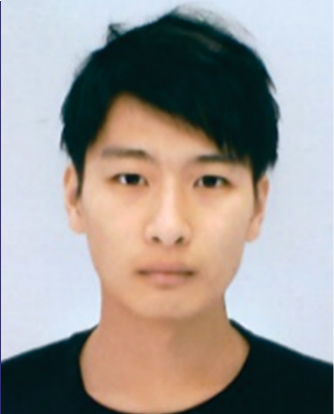
Seminars
September 17, 2019: Mr. Yuki Iwata (Univ. Electro-Communications, Japan), Vital Sign Acquisition using CW Doppler Radar under Random Body Movement rejected by PCA Algorithm
Vital sign measurement using a continuous wave (CW) – Doppler radar technique is widely applied where non-contact detection and privacy protection is required, such as infection screening in quarantine stations and sleep monitoring systems in home healthcare. However, CW-Doppler radar measures the velocity of chest surface movement consisting of cardiac and breathing signals with random body movement noise. Therefore, extracting cardiopulmonary information from the superimposed signal is a remaining challenge. Our objective is to remove the signal caused by the movement of the body and breathing, moreover, extract the heartbeat signal from the superimposed signal without relying on simultaneous measurements with other sensors. We proposed a novel adaptive algorithm based on a matched filter using a principal component analysis (PCA) to estimate the heartbeat signal measured under the breathing and random body movements. The proposed algorithm was experimentally evaluated on 6 actual measurement data obtained by healthy subjects. In the experiments, the chest perturbation was recorded while subjects keep their natural breathing for 10 minutes using CW – Doppler radar, and the ECG signal was recorded simultaneously as a grand truth. As a result, the average error of heartbeat per minute of 1.36 bpm and the average root mean square error of R-R intervals of 0.24 sec was obtained. The proposed adaptive algorithm based on PCA showed good performance on extracting heartbeat signals from the CW-Doppler radar for vital sign measurement.
Speaker: Mr. Yuki Iwata, Univ. Electro-Communications
Time: 15:30, Tuesday, September 17, 2019
Venue: G2-315, 144 Xuan Thuy, Cau Giay, Hanoi

Yuki Iwata received A.Sc. and B.Sc. in Tokyo Metropolitan College of Industrial Technology in 2017 and 2019 respectively. He is now a graduate student at the University of Electro-Communications. His research interests include biomedical signal processing, feature extraction, doppler radar architecture, infection screening system.
